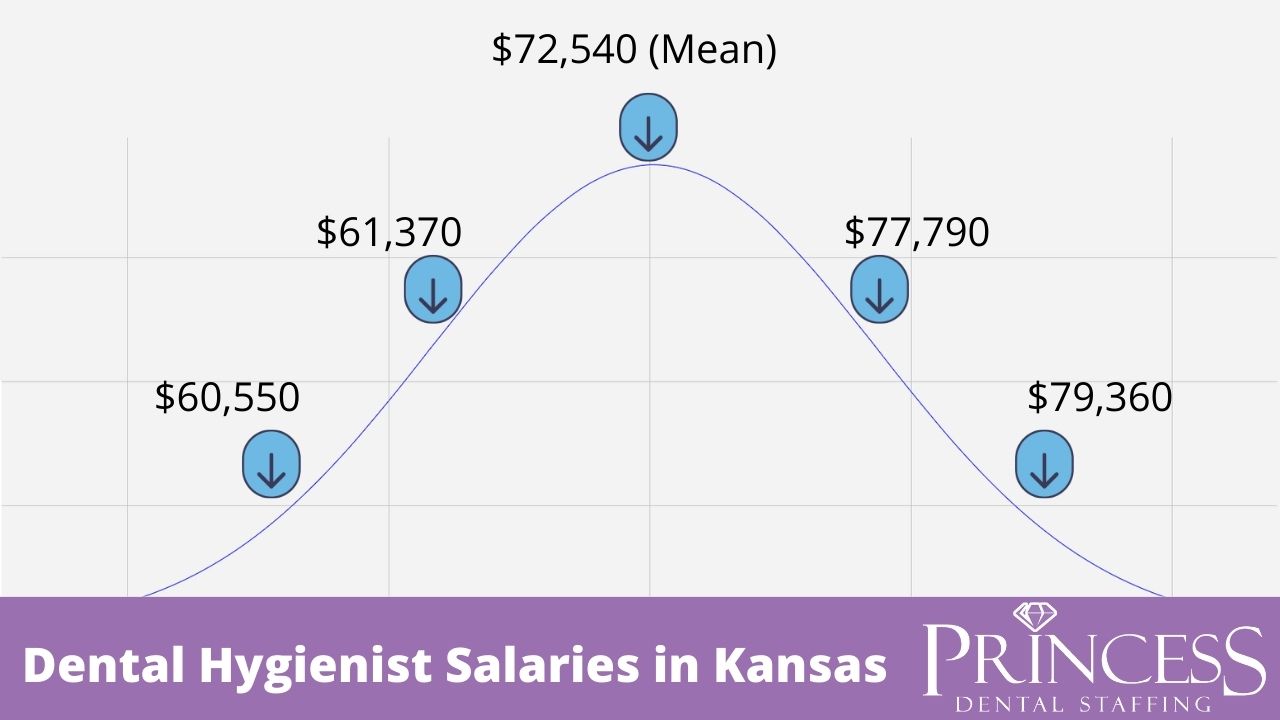Kansas, a state renowned for its vast plains and rich agricultural heritage, presents a diverse job market with a range of salary potentials. While the state’s cost of living generally remains lower than the national average, understanding the salary landscape can provide valuable insights for both job seekers and employers.
Average Salaries in Kansas
As of 2024, the average annual salary in Kansas hovers around $50,028. However, this figure can fluctuate significantly based on several key factors:
- Industry: Sectors like healthcare, technology, and finance typically offer higher salaries compared to industries such as agriculture and retail.
- Experience: Experienced professionals often command higher salaries than entry-level workers.
- Location: Urban areas like Kansas City and Wichita generally offer higher salaries than rural parts of the state.
- Education and Qualifications: Advanced degrees and certifications can lead to a significant increase in earning potential.
Top-Paying Industries in Kansas
- Healthcare: The healthcare industry is a major employer in Kansas, with positions such as physicians, nurses, and medical technicians offering competitive salaries.
- Aerospace and Aviation: Companies like Boeing and Spirit AeroSystems have a substantial presence in the state, providing high-paying jobs in engineering, manufacturing, and research.
- Technology: The tech industry is experiencing growth in Kansas, with opportunities in software development, cybersecurity, and data science.
- Finance and Insurance: Financial institutions and insurance companies offer a range of roles, including financial analysts, actuaries, and underwriters.
- Education: The education sector, encompassing K-12 schools and higher education institutions, provides employment opportunities for teachers, professors, and administrators.
Cost of Living in Kansas
Kansas generally boasts a lower cost of living compared to many other states, particularly in terms of housing and transportation costs. However, the cost of living can vary depending on the specific location within the state. Urban areas like Kansas City and Wichita tend to have higher costs of living than rural areas.
Factors Affecting Salaries in Kansas
Several factors influence salary levels in Kansas:
- Economic Conditions: The state’s economic health, including job growth and industry trends, can significantly impact salaries.
- Employer Size: Larger companies often offer higher salaries and better benefits packages than smaller businesses.
- Negotiation Skills: Effective negotiation can help individuals secure higher salaries.
- Job Market Demand: High-demand jobs, such as those in technology and healthcare, may command higher salaries.
Resources for Salary Information
To gain a more accurate picture of salaries in specific industries and locations, consider utilizing the following resources:
- Bureau of Labor Statistics (BLS): The BLS provides detailed data on wages and employment trends.
- Glassdoor: This website allows users to search for job openings and salary information based on company and location.
- Payscale: This platform provides salary information based on job title, company, and location.
- LinkedIn: This professional networking site can be used to research salaries and connect with industry professionals.
By understanding the factors that influence salaries in Kansas and utilizing available resources, individuals can make informed decisions about their career paths and financial goals.
Would you like to delve deeper into a specific industry, location, or job role in Kansas?




